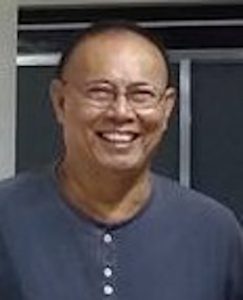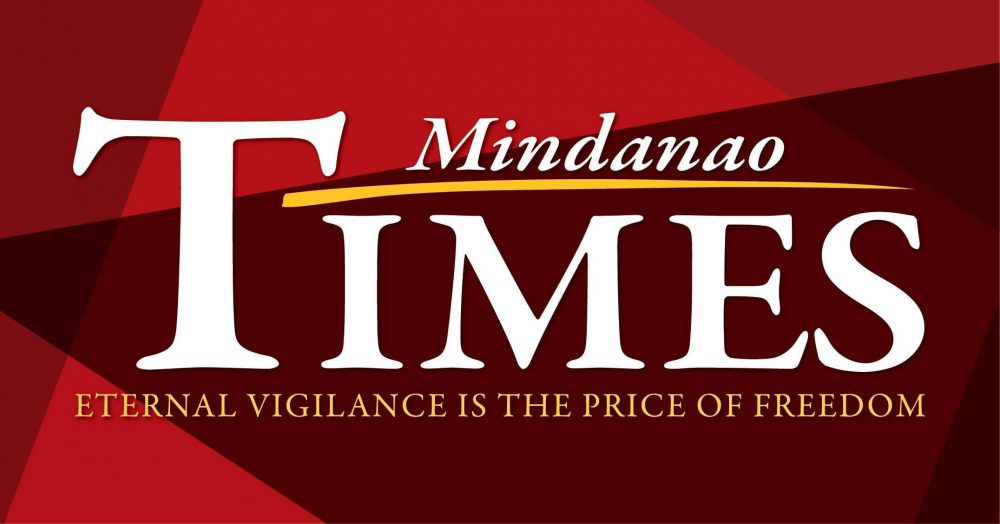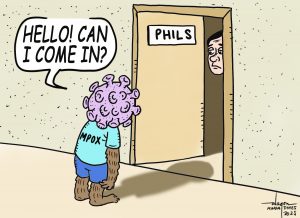 A news report published some four days ago says local government officials and residents of Davao del Norte welcome the filing of another bill seeking to allow Davao Light and Power Co. (DPLC) to expand its franchise in two cities and six municipalities of the province. Currently the areas are covered by the franchise of Northern Davao Electric Cooperative or NORDECO.
A news report published some four days ago says local government officials and residents of Davao del Norte welcome the filing of another bill seeking to allow Davao Light and Power Co. (DPLC) to expand its franchise in two cities and six municipalities of the province. Currently the areas are covered by the franchise of Northern Davao Electric Cooperative or NORDECO.
Primarily the recent House Bill 6740 sponsored by PBA Partylist Representative Marga Nograles of Davao City seeks to extend for another 25 years the franchise of Davao Light. But the author took cognizance of the nagging problems hounding consumers in the northern Davao Province about poor quality electric service delivered them by NORDECO resulting to the inability of the province to maximize its development potentials.
An earlier similar bill filed by yet another “outsider” congressman from Albay who later quit the House to run for a local government position, was however, vetoed by President Ferdinand Marcos, Jr. for reason that it is in violation of Section 27 of Republic Act (RA) 9136 or the EPIRA Law which says existing power distribution franchise should be allowed to continue to its full term. The President also said in his veto message that the bill was a “collateral attack” on the NORDECO franchise.
When the said news report was posted on Facebook it was virtually “rained” with comments. Some appreciated the lady congresswoman for taking the cudgels of the adversely affected NORDECO consumer-members. Others are making recommendations as to what should have been the version filed to at least have a chance that the bill, once passed by the two Chambers of Congress, be approved by the President without him reversing from his original veto. We read all the comments posted and we noticed one posted by Jundy Tandog as something most sensible, logical and doable based on existing laws on franchise for power distribution.
According to Mr. Tandog, the “catch” is right on the reason of the President’s veto – that HB No. 10554 violates the EPIRA provision allowing existing power distribution franchise to exist to its full term. But since it is not also specifically prohibited by the EPIRA law for anyone juridical person to apply for a parallel franchise in the same area, those who worked with the Partylist house member in crafting HB 6740 should explore researching how the DLPC franchise expansion plan be possibly appreciated by the President and his legal advisers.
Meaning the legislator’s researchers and consultants including those coming from the applicant for franchise expansion should have looked keenly in the congressional records whether a bill of similar purpose had already been approved into law. From what we have read in the papers in the past years a bill granting a parallel or dual franchise to distribute power in certain areas in Iloilo Province has been approved by the Office of the President during that time. In fact the grantee of that parallel franchise is the Enrique Razon-controlled power unit, according to the news at that time. It was even very controversial as the existing franchise holder fight the bill in all legal venues up to the finish.
It is this “catch” that Mr. Tandog is suggesting for the bill sponsor to take advantage of by rewording the bill provisions making it appear more of applying for a parallel or dual franchise in areas where the consumers are complaining of poor quality and high cost service. If passed by Congress and finally becomes a law that would mean the power consumers in those areas in Davao del Norte can already have options to choose which electricity provider they would want to get their supply from.
Should such version be the one that will be signed by the President into law, the applicant of the franchise expansion must be ready with the possible consequences. That is, that it has to be ready to invest for the installation of its own facilities like substations, poles, new power lines, transformers and others all of which require a huge financial investments that may take time to recover if it will be true to its enticement of selling quality power at rates lower than the current supplier’s.
It must also be ready for the impact of charges of monopolistic tendencies to the detriment of smaller business organizations especially those supposedly run and owned by the people like cooperatives.
Meanwhile, according to Mr. Tandog, “two power distributors is better than having one unreliable electricity service provider.” He was supported in his idea by another Facebook reactor, one Ms. Samantha Abad who says that Mr. Tandog’s idea is one concrete way of solving the problem long suffered by NORDECO power consumers.
On the other hand, the case of NORDECO is a unique one for a supposedly cooperative organization. As a cooperative the members are supposed to receive dividends from the organization’s business or similar operation. But NORDECO members are not receiving any, not even a single centavo. Also, in cooperatives a member or group of members can opt to quit his or their membership when the members feel they are not satisfied with the services they are getting from the organization. In NORDECO’s case the ones running the electric cooperative are doing everything to deny the member from exercising their rights and privileges as organic components of the organization. They top officials of the electric coop do not even want to be under the supervision of the Cooperative Development Authority (CDA)




